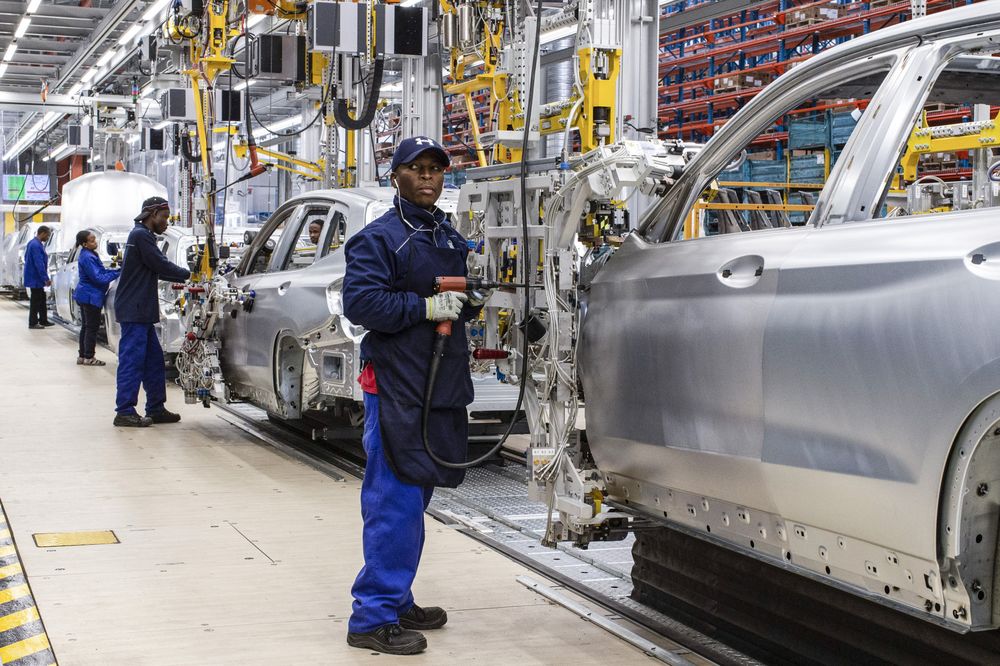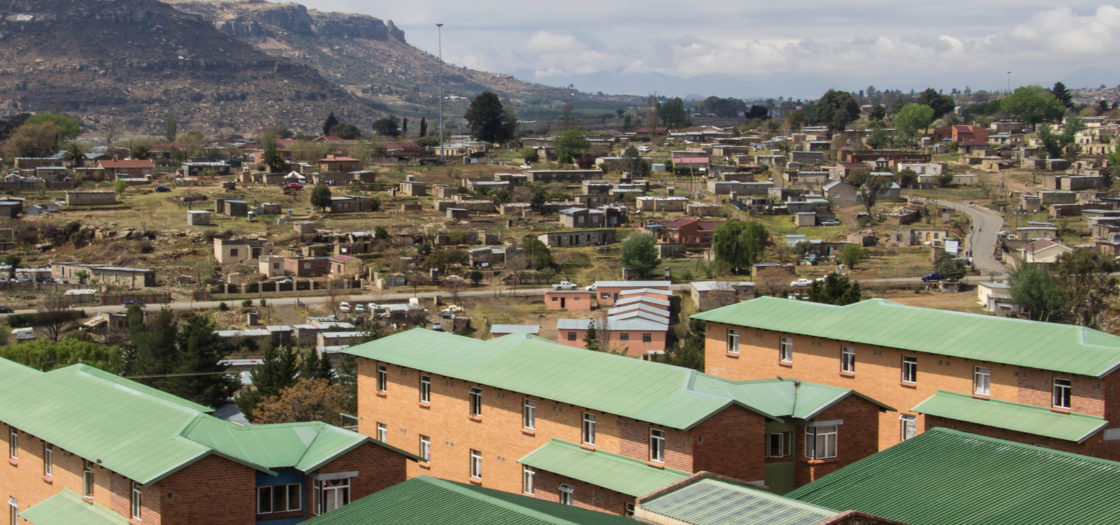News
A Tip for African Governments on Attracting Investment
African governments cannot confront and prosper alone. Local and foreign business, and the international aid community have to be partners in this endeavour.

Director, The Brenthurst Foundation

Research Director, The Brenthurst Foundation

A Dialogue between global and South African business, government and civil society at Tswalu Kalahari Reserve at the invitation of The Brenthurst Foundation this month discussed how African countries could unlock greater foreign and domestic investment.
The gathering agreed on a practical, implementable set of investment protocols that would inspire investor confidence and, in turn, boost economic growth, jobs and stability. In the words of the Foundation’s chairman, Olusegun Obasanjo, “We had deep and robust discussions about how we can get Africa to take its rightful place as a global economic powerhouse by attracting the investment needed to build our economies and improve the lives of our people.”
To develop Africa’s economies at a rate fast enough to keep pace with Africa’s fast-growing population, which is projected to double by 2050, the continent requires large injections of foreign and local direct investment.
The scale of the challenge is daunting. At current rates, in just 30 years, the same amount of time since the Berlin Wall fell, Nigeria’s population will increase to over 400 million, while Tanzania’s, currently 53 million, will grow to the same size as that of Russia at 137 million. Kenya’s will more than double to 95 million, while Uganda will balloon from 43 million to 106 million, according to the United Nations.
The anticipated pace of growth of African cities is even greater, projected to remain at over 4% for the next three decades, twice the global average. Africa’s share of global urban residents will as a result mushroom from 11.3% in 2010 to 20.2% by 2050. Using China’s estimated capital spend per urbaniser, Africa’s upcoming urban explosion will demand finding an extra $3-trillion in extra financing over the next generation on capital spend alone to get ahead of the urban demographic boom.
So far, the continent is not even close. FDI flows to Africa rose to $46-billion in 2018, an increase of 11% on 2017 according to UNCTAD’s World Investment Report 2019. Africa is better off in FDI terms than 2017, but not against much of the preceding five years. 2018’s partially stronger FDI to the continent was still nearly 18% lower than the $56-billion achieved in 2012 and 2015. Africa’s share of FDI is just 3.5% of $1.3-trillion; its share of global population is almost 17%. Developing Asia received, by comparison, $512-billion in 2018 FDI, or nearly 40% of the total, closer to its global population share of 60%.
Of course, FDI figures are not a perfect metaphor for growth or development. Much of the 21st-century boom in FDI in Africa and Latin America has centred on the commodity boom. Sustainable growth requires diversification of investment types.
This is mirrored in the experience of many African countries: from Angola to Zambia, governments’ failure to attract long-term investment (beyond the commodities sector) has been a brake on growth and development. Across the continent, business and investor confidence is usually weak and their relationship fragile, reflecting concerns about widespread corruption and wild swings in the commitment of governments to macroeconomic stability and the rule of law.
The governance aspects that lower returns on investment can be termed “friction costs”, and comprise the premium added by malfeasance, policy uncertainty, the absence of infrastructure, fractious business-labour regimes, capital controls and general avoidable inefficiencies. These “frictions” come at a cost to development by discouraging investors and constraining job creation.
For Africa to increase its per capita GDP from its current levels ($1,800) to the global average ($11,000) by 2050, it will have to increase its economy 12-fold, allowing for the rate of population increase. This requires an average annual growth rate of 7.4% for the next 30 years.
This will require, in turn, transforming Africa’s investment attractiveness. Reducing these frictions, encouraging greater investment, and facilitating the growth of jobs could be helped by a government commitment to a set of principles, the aim of which is to make African governments less antagonistic and more conducive to business.
Used in conjunction with the Brenthurst Friction Index, which measures and compares the cost premium to investment across different African countries, the Tswalu Investment Protocol provides a baseline commitment clarifying the intent of government on critical aspects of a business concern. The product of deliberations among African and international business and government stake-holds at Tswalu Kalahari Reserve, the Protocol calls on governments to:
-
Forge an inclusive national development narrative.
-
Focus on building trust with investors, local and foreign.
-
Publish a national investment plan and prioritised operational strategy.
-
Collaborate with their region in competing with other global investment destinations on policy, logistics and incentives.
-
Ensure a predictable, transparent, stable and consistent policy regime, underpinned by a commitment to the rule of law.
-
Engage with local investors, from big to small, to set the stage for foreign investment.
-
Cut red tape to reduce business friction.
-
Encourage and incentivise sustainable investment that stimulates local job creation, foreign exchange, and technology transfer.
-
Use public investment to crowd in other streams of finance.
-
Maintain a laser-like focus on job creation to address inequality.
-
Establish a permanent investment agency empowered to facilitate foreign inflows.
-
Provide visa-free access to investors.
-
Allow investors to repatriate profits.
-
Match skills, training and immigration regimes with business needs.
-
Prioritise effective and reliable network infrastructure.
African governments cannot confront and prosper alone. Local and foreign business, and the international aid community have to be partners in this endeavour. This requires clear indexing and metrics on policy and governance performance to reduce the cost premium and a clear commitment by the government to the rules of the road as expressed in the Tswalu Investment Protocol.
This article was originally published on The Daily Maverick.


